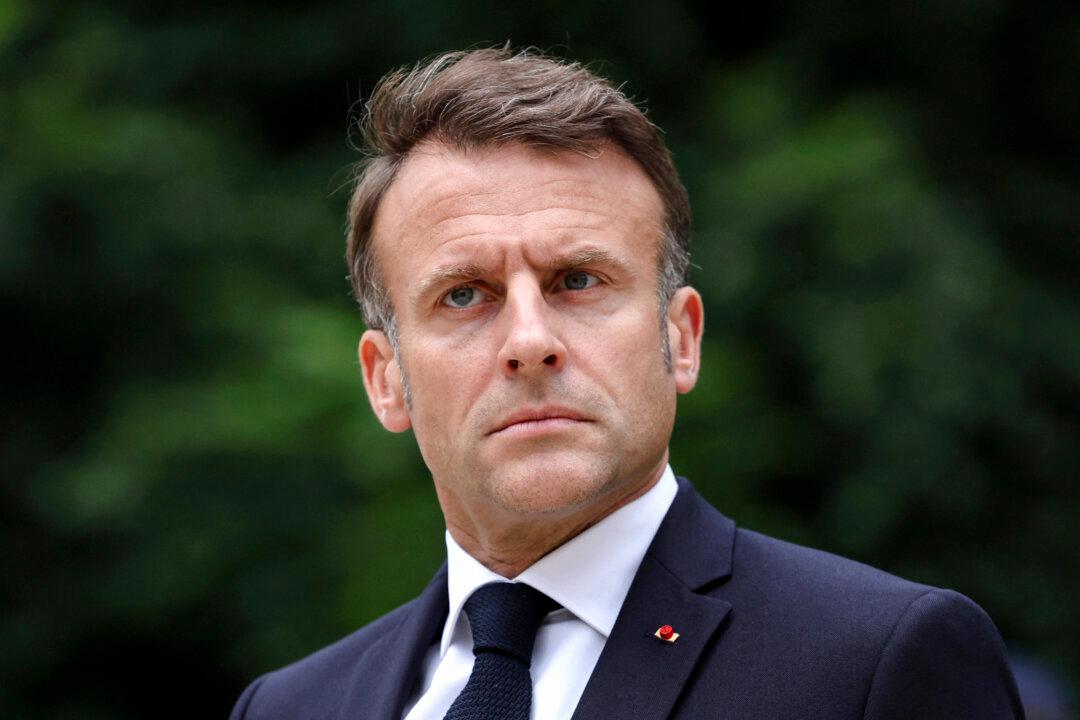Credit rating agency Moody’s has downgraded France’s rating, citing a weak financial outlook amid political turmoil gripping Europe’s second-biggest economy.
In a Dec. 14 announcement, Moody’s cut France’s domestic- and foreign-currency long-term issuer and domestic-currency senior unsecured ratings to Aa3 from Aa2, citing weakened public finances due to political fragmentation and limited prospects for fiscal consolidation.





